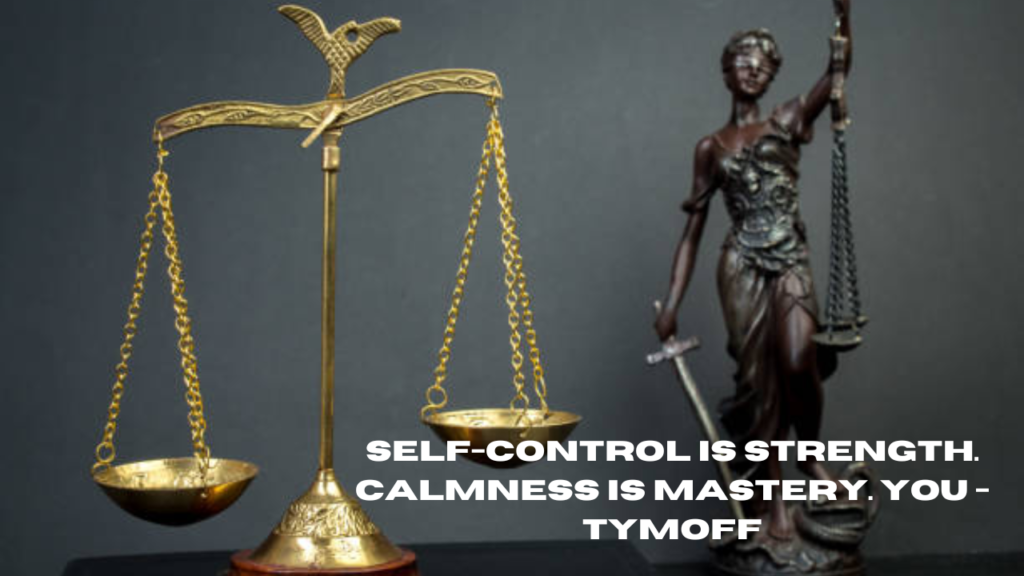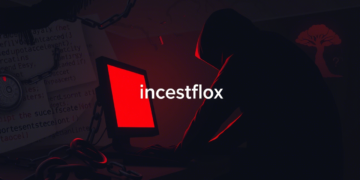Laws shape our society, dictate our behavior, and determine the very foundation of civilization. But have you ever wondered what truly makes a law binding? Is it the wisdom behind its creation or the authority enforcing it? The phrase “it is not wisdom but authority that makes a law. t – tymoff” raises a compelling question: Are laws rooted in logic and morality, or do they simply exist because power demands compliance?
The Essence of Authority in Lawmaking
Authority has always played a pivotal role in creating and enforcing laws. Governments, monarchs, and ruling bodies have historically established laws, often without consulting the wisdom or ethical considerations behind them. The quote “it is not wisdom but authority that makes a law. t – tymoff” echoes the sentiments of political philosopher Thomas Hobbes, who argued that the legitimacy of a law comes not from its inherent truth but from the power that upholds it.
Consider the legal systems throughout history—many laws were enacted solely based on the will of rulers rather than moral or ethical reasoning. In medieval times, kings and emperors imposed laws that benefited their reign rather than society’s well-being. Even in modern legal systems, laws often serve the interests of those in power rather than being purely based on wisdom and justice.
The Conflict Between Wisdom and Authority
While wisdom suggests that laws should be created based on ethical principles, fairness, and the greater good, authority dictates that laws exist because a governing body has decreed them. This often results in laws that are questionable in morality but are nonetheless enforced due to the state’s power.
A historical example is apartheid in South Africa. The legal system enforced racial segregation through laws that lacked any moral justification but were upheld by authority. Similarly, the Jim Crow laws in the United States were not founded on wisdom or justice but were enforced by those in power to maintain control.

Can Authority Exist Without Wisdom?
If laws were purely based on authority without wisdom, society would suffer under arbitrary and oppressive rule. However, authority often maintains order, which is essential for civilization to function. Without enforcement, even the wisest laws would hold no value.
For instance, laws against murder, theft, and violence are crucial for societal stability. While these laws align with moral reasoning, their effectiveness depends on the government’s authority to enforce them. Without an authoritative force behind them, people would disregard these laws, leading to chaos.
The Role of Public Perception in Lawmaking
Public perception and societal values influence lawmaking but do not always dictate the outcome. Governments often pass laws that may be unpopular or seen as unjust, but as long as they have the authority to implement them, they remain enforceable.
Consider taxation laws. Many argue that specific tax laws disproportionately benefit the wealthy, yet they persist because the government can enforce them. In such cases, wisdom takes a backseat, and authority prevails.
The Evolution of Laws Over Time
While authority establishes laws, wisdom plays a role in their evolution. Society’s progress and what was once considered lawful may be repealed or modified in response to changing ethical standards. Slavery, for example, was once legal in many parts of the world. Despite its moral failings, it was enforced by authority. However, as societal wisdom evolved, these laws were abolished.
Similarly, women’s rights, labor laws, and environmental regulations have improved due to wisdom influencing legal systems. Thus, while authority creates laws, wisdom often reshapes them.
Striking a Balance: Authority with Wisdom
The ideal legal system balances authority and wisdom. Laws should not be enforced solely based on power but should be guided by ethical reasoning and societal progress. Democratic societies attempt to bridge this gap by allowing public participation in lawmaking through elections, referendums, and legislative processes.
However, even in democracies, authority still holds the upper hand. Governments can pass emergency laws, override public opinion, and enforce regulations that may not always align with wisdom. The COVID-19 pandemic demonstrated this, as governments imposed strict lockdowns, travel restrictions, and vaccination mandates—decisions debated regarding authority and wisdom.

Also Read: Self-Control Is Strength. Calmness Is Mastery. You – Tymoff
Final Review
The phrase “it is not wisdom but authority that makes a law. t – tymoff” highlights a fundamental truth about governance and lawmaking. While wisdom should ideally guide the creation of laws, authority is what ultimately enforces them. History has shown that rules are often dictated by power rather than morality, but as societies progress, wisdom can reshape them for the better.
A perfect legal system would integrate wisdom and authority, ensuring that laws serve the powerful and the entire society. Until then, we must remain aware of the role authority plays in our legal systems and continue striving for laws that are not only enforced but are also just and fair.































Comments 1